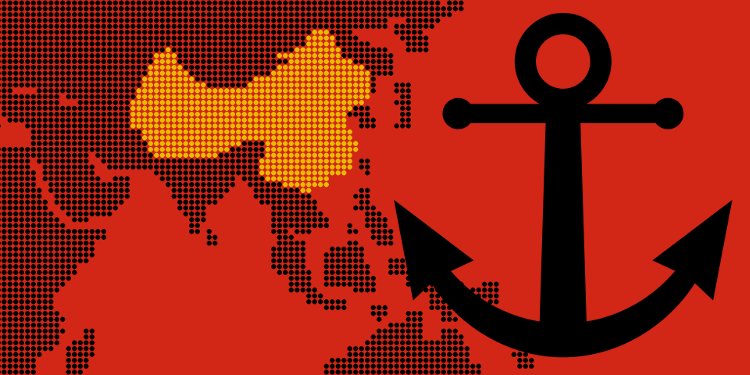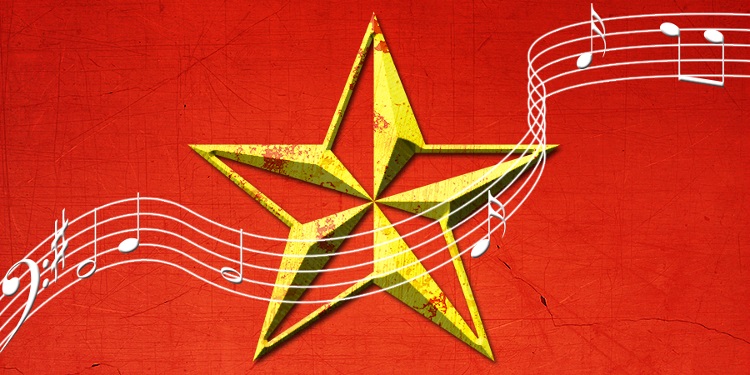When viewing China as a corporate conglomerate attempting a hostile takeover, with the goal of complete market monopoly in every sector, Asia’s conflict only starts to make sense. But the problem goes deeper. According to credible, anonymous reports, there are “mental health conditions” that are frequent in Chinese-Asian culture.
Specifically is the belief that, “If another individual does not join our group (family, organization, business, club, etc.) or otherwise comply with our unilateral demands, then that other individual is proactively and maliciously attempting to change our group’s destiny. Then, our only option is to either dominate that other individual at all costs, even at the expense of our own goals and/or survival, and to sever all communication except communication for us to achieve our ‘unchangeable destiny’, which is for that individual to join or obey us one way or another.” Because of the adamantine, unabashed, and costly determination to hold to this kind of belief, this recurring belief may be an ideal candidate for a clinically-certifiable personality disorder. Read More


